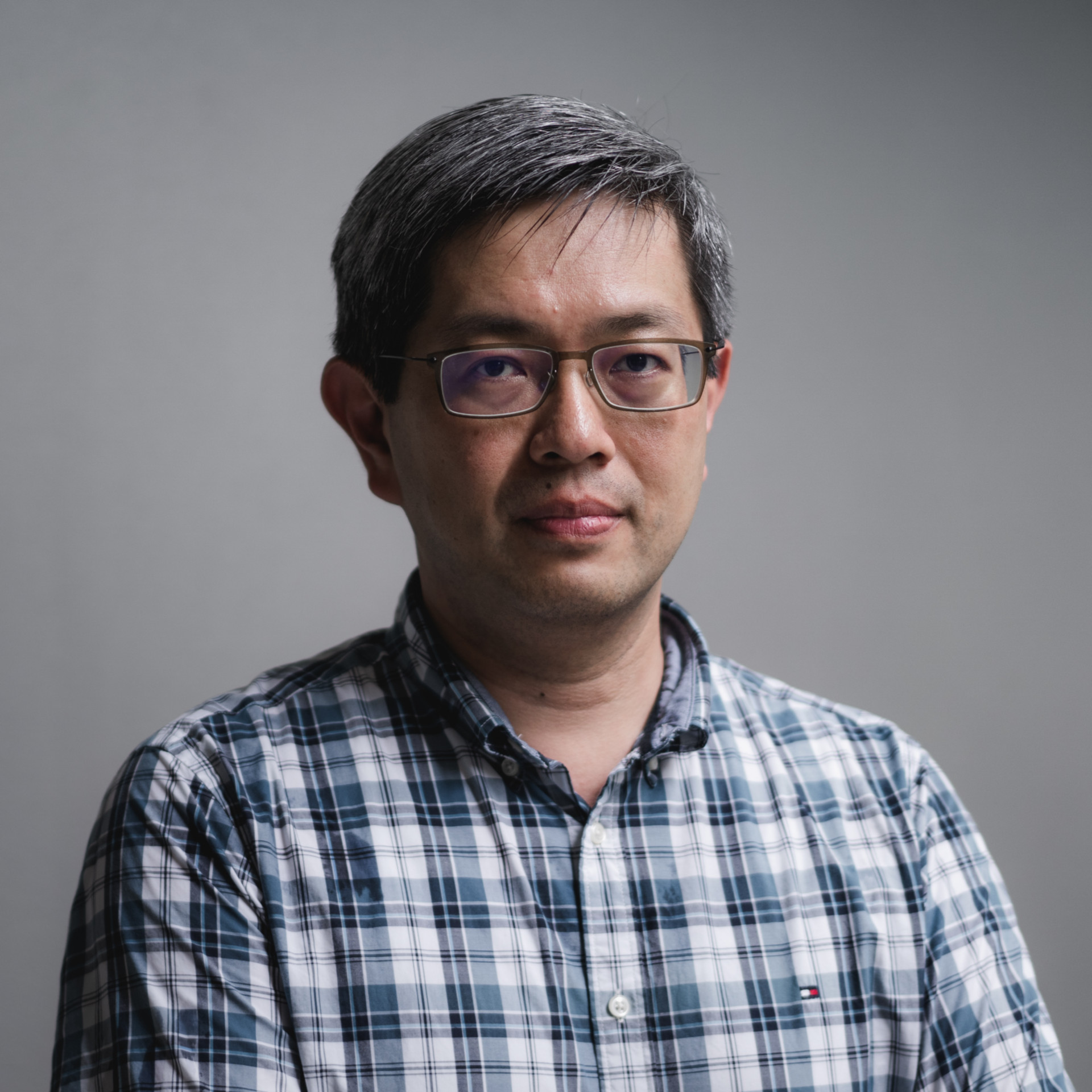 Architectural History & Cultural Heritage Conservation / Professor / Senior Vice President of NCKU & Director of NCKU Museum
Architectural History & Cultural Heritage Conservation / Professor / Senior Vice President of NCKU & Director of NCKU Museum
Education
Ph.D. in Architecture, National Cheng Kung University, Tainan Taiwan
Affiliate Research Student, The Bartlett, University College London, UK
M.A. in Architecture, National Cheng Kung University, Tainan Taiwan
B.S. in Architecture, National Cheng Kung University, Tainan Taiwan
Experiences
Senior Vice President, National Cheng Kung University
Director, NCKU Museum, National Cheng Kung University
Deputy Director, Office the Strategic Planning, National Cheng Kung University
Professor, Department of Architecture, National Cheng Kung University
Acting Director, NCKU Museum, National Cheng Kung University
Deputy Director, NCKU Museum, National Cheng Kung University
Associate Vice President for General Affairs, National Cheng Kung University
Associate Professor, Department of Architecture, National Cheng Kung University
Assistant Professor, Department of Architecture, National Cheng Kung University
Assistant Professor, Department of Architecture, National Quemoy University
Assistant Professor, Department of Architecture, National Kinmen Institute of Technology
Co-Director, Project for Construction Record of World Cultural Heritage‘s Conservation in Antigua Guatemala, National Cheng Kung University
Culture and Architecture Studio
My studio focuses on “Settlement research” and “Cultural heritage conservation research”.
The targets of the settlement research are mainly located in Tainan City, attempting to more precisely restore Tainan’s traditional urban space from the city’s original “space structure”, “religious field (temples), “economy-society”, and so on, while interpreting the spatial implications of the walled city, from traditional to modern changes. Furthermore, by analysing the relationships among settlements, a multi-settlement spatial discourse is expected to cation of geographic information systems, GIS, the relationships among the multiple settlements have been rethought. Therefore, it is expected that by analyzing the relationships among settlements, a multi-settlement spatial discourse can be established, which shall serve as a new cognitive framework for future spatial changes in Tainan City.
On the issue of cultural heritage conservation, since Taiwan’s participation in the “The Project for Conserving World Heritages in Antigua Guatemala” in 2007, the case of world heritage conservation-related theories and practices began receiving attention. This project is Taiwan’s first direct participation in world heritage conservation work, which possesses crucial referential value for subsequent international cooperation strategies and practical experiences of cultural heritage maintenance. Furthermore, as for risks confronting cultural asset-building materials under climate change, about the EU’s Noah’s Ark Project, the Heritage Risk Maps of masonry, wood, and metal in the national monuments in Taiwan were established for the first time. Furthermore, the cultural heritage preservation and reuse program is also a research theme in this program.



 Architectural History & Cultural Heritage Conservation / Professor / Senior Vice President of NCKU & Director of NCKU Museum
Architectural History & Cultural Heritage Conservation / Professor / Senior Vice President of NCKU & Director of NCKU Museum